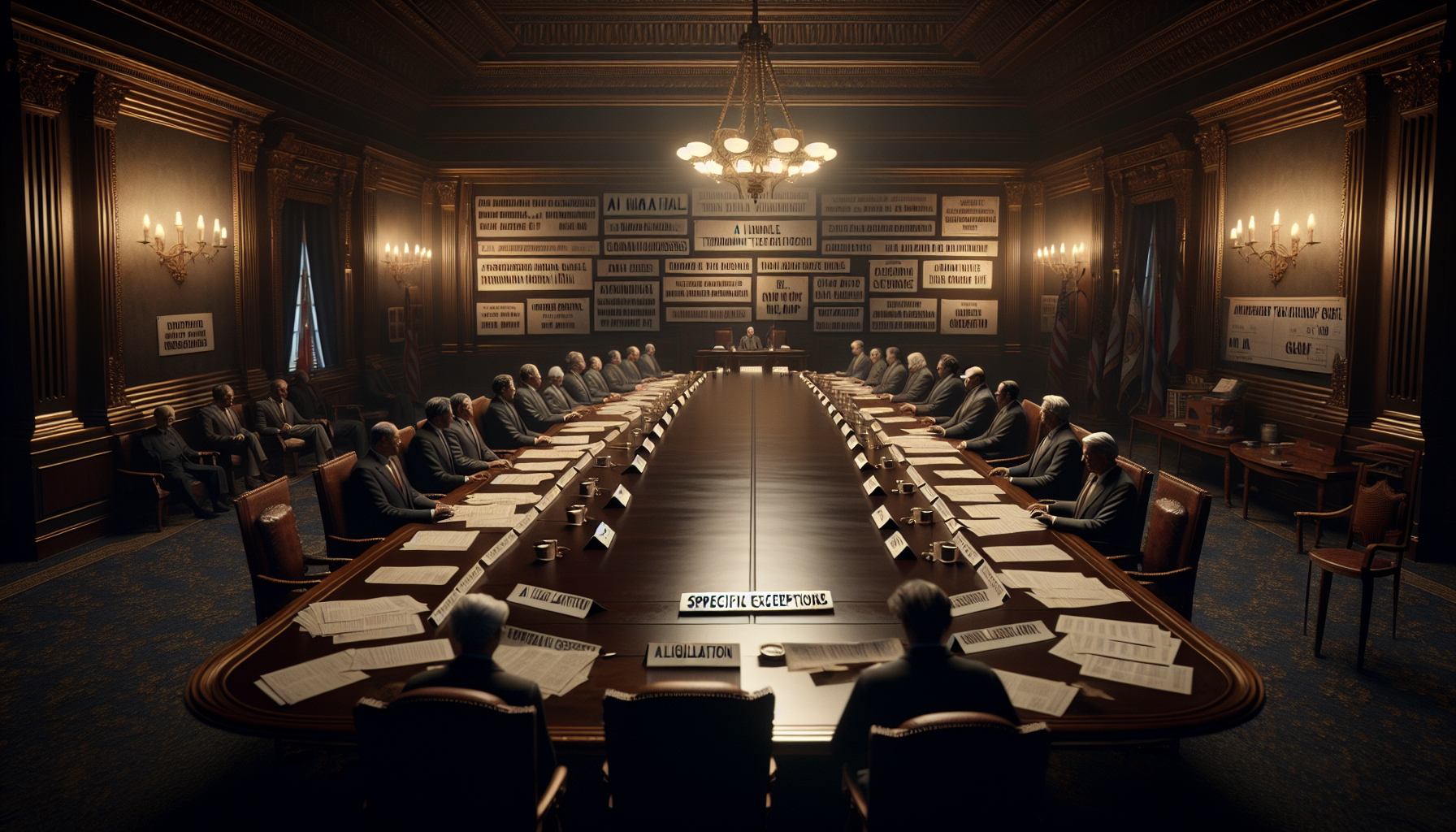
The Call for AI Oversight: A New Governance Era
The Present Landscape of AI Oversight
Artificial Intelligence (AI) is swiftly reshaping various sectors, yet its expansion has ignited discussions regarding the necessity for oversight. While AI holds the promise of progress and productivity, apprehensions about privacy, security, and ethical implications have led to demands for regulation. The United States stands at a pivotal moment, with forthcoming legislation potentially altering how states can oversee AI.
The AI-Supportive Amendment: Federal Overreach?
A recent modification to the president’s tax bill seeks to consolidate AI regulation at the national level. This amendment, nearing approval, would restrict individual states from creating their own AI laws for five years. This action has raised concerns, with detractors claiming that it undermines state sovereignty and may result in unregulated AI growth.
The Importance of the ELVIS Act
The Ensuring Likeness Voice and Image Security (ELVIS) Act, enacted in early 2024, serves as a crucial piece of legislation aimed at safeguarding musicians from unauthorized use of their likeness and voice by AI. The agreement between Senator Marsha Blackburn and Senator Ted Cruz to exclude this act from the wider AI regulation restriction emphasizes the challenges of balancing innovation with personal rights.
Exemptions and Restrictions
The amendment permits certain exceptions. Legislation regarding unfair practices, child safety, and publicity rights can still be adopted, as long as they do not create an excessive burden on AI systems. This intricate strategy seeks to tackle particular issues while sustaining a broader regulatory framework.
Dissent from State Governors
In spite of the federal initiative, not everyone is in favor. Seventeen Republican governors have voiced their dissent, contending that the amendment jeopardizes state initiatives to shield citizens from AI exploitation. Their united stance highlights the conflict between national oversight and state liberties.
Conclusion
The discussion surrounding AI regulation remains unresolved. As technology continues to advance, achieving a balance between innovation and protection will be essential. The suggested federal amendment signifies a considerable alteration in the governance of AI, yet its long-term effects are yet to be discerned.
Q&A Section
Q1: What is the primary goal of the AI-supportive amendment?
A1: The amendment intends to centralize AI regulation at the national level, barring states from enacting their own statutes for five years.
Q2: What is the relevance of the ELVIS Act in this legislation?
A2: The ELVIS Act is excluded from the wider prohibition, safeguarding musicians against unauthorized AI utilization of their likeness and voice.
Q3: Are there any exceptions to the national AI regulation prohibition?
A3: Yes, laws concerning unfair practices, child safety, and publicity rights can still be legislated if they do not unduly encumber AI systems.
Q4: What is the reason for opposition among certain governors to the amendment?
A4: Seventeen governors assert that the amendment weakens state efforts to protect citizens from AI abuse.
Q5: What potential outcomes could arise from a five-year ban on state AI legislation?
A5: A five-year ban may result in unchecked AI development and restrict states’ capabilities to tackle specific local issues.
Q6: How could this amendment affect the future landscape of AI regulation?
A6: If approved, the amendment could establish a precedent for federal oversight in AI regulation, shaping future legislative frameworks.